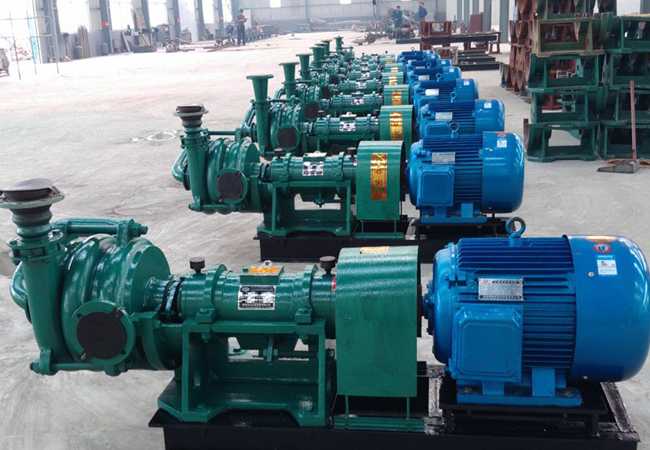Romanian
- Afrikaans
- Albanian
- Amharic
- Arabic
- Armenian
- Azerbaijani
- Basque
- Belarusian
- Bengali
- Bosnian
- Bulgarian
- Catalan
- Cebuano
- Corsican
- Croatian
- Czech
- Danish
- Dutch
- English
- Esperanto
- Estonian
- Finnish
- French
- Frisian
- Galician
- Georgian
- German
- Greek
- Gujarati
- Haitian Creole
- hausa
- hawaiian
- Hebrew
- Hindi
- Miao
- Hungarian
- Icelandic
- igbo
- Indonesian
- irish
- Italian
- Japanese
- Javanese
- Kannada
- kazakh
- Khmer
- Rwandese
- Korean
- Kurdish
- Kyrgyz
- Lao
- Latin
- Latvian
- Lithuanian
- Luxembourgish
- Macedonian
- Malgashi
- Malay
- Malayalam
- Maltese
- Maori
- Marathi
- Mongolian
- Myanmar
- Nepali
- Norwegian
- Norwegian
- Occitan
- Pashto
- Persian
- Polish
- Portuguese
- Punjabi
- Romanian
- Russian
- Samoan
- Scottish Gaelic
- Serbian
- Sesotho
- Shona
- Sindhi
- Sinhala
- Slovak
- Slovenian
- Somali
- Spanish
- Sundanese
- Swahili
- Swedish
- Tagalog
- Tajik
- Tamil
- Tatar
- Telugu
- Thai
- Turkish
- Turkmen
- Ukrainian
- Urdu
- Uighur
- Uzbek
- Vietnamese
- Welsh
- Bantu
- Yiddish
- Yoruba
- Zulu
Telephone: +86 13120555503
Email: frank@cypump.com
nov. . 14, 2024 07:16 Back to list
thick slurry pump
Understanding Thick Slurry Pumps Key to Efficient Mining and Industrial Operations
Thick slurry pumps are essential equipment in various industries, including mining, construction, and waste management. These specialized pumps are designed to handle the transport of slurries—mixtures of water and solid particles—characterized by their high viscosity and density. The efficiency and reliability of thick slurry pumps are paramount for ensuring the smooth operation of processes that rely on the movement of heavy and abrasive materials.
Applications of Thick Slurry Pumps
Thick slurry pumps are widely used in mining operations, particularly for the transportation of tailings, which are the materials left over after the extraction of valuable minerals. Due to the abrasive nature of the materials being transported, these pumps are constructed with durable materials like high chrome alloy and elastomers to withstand wear and tear. Additionally, thick slurry pumps are utilized in dredging operations, where they facilitate the removal of sediment from bodies of water. They are also used in waste management and sewage treatment facilities to handle thick sludge efficiently.
Design Features and Advantages
One of the defining features of thick slurry pumps is their robust design, which includes wider impeller passages to accommodate larger solid particles
. This design minimizes the risk of clogging, enhancing the pump’s reliability and reducing downtime. Moreover, the pumps are equipped with powerful motors capable of generating sufficient pressure to move dense mixtures over long distances.Another advantage of thick slurry pumps is their ability to operate in various settings and conditions. Many models can be submerged or installed in above-ground configurations, providing flexibility for different applications. Additionally, advanced features such as variable speed drives allow for the optimization of flow rates, making it easier to adapt to changing operational requirements.
thick slurry pump

Challenges in Operation
Despite their advantages, operating thick slurry pumps presents certain challenges. The high viscosity of the slurries can lead to increased wear on pump components, necessitating regular maintenance and monitoring. Operators need to ensure that the pump is correctly sized for the specific application to prevent issues related to excessive strain or insufficient flow rates.
Proper training for personnel is also crucial. Understanding the unique characteristics of the slurry, including particle size and concentration, can significantly affect the performance of the pump. Operators must be well-versed in best practices for maintenance, including regular inspections and timely replacements of worn-out parts.
Future Trends
The advancement of technology is paving the way for the development of more efficient and versatile thick slurry pumps. Innovations such as smart monitoring systems and automated controls are increasingly being integrated into pump designs. These technologies facilitate real-time monitoring of performance, allowing for proactive maintenance and minimizing downtime.
In conclusion, thick slurry pumps play a critical role in many industrial processes that involve the handling of viscous materials. Their robust design, adaptability, and vital applications in various sectors make them indispensable. Continued advancements in technology and design will further enhance their efficiency and effectiveness, ensuring that they remain at the forefront of industrial operations for years to come. Understanding the nuances of thick slurry pumps is key for businesses looking to optimize their processes and achieve better productivity and performance.
-
Heavy-Duty Mining Sludge Pumps - Wear-Resistant Slurry Handling
NewsAug.02,2025
-
Horizontal Split Case Pump with GPT-4 Turbo | High Efficiency
NewsAug.01,2025
-
ISG Series Pipeline Pump - Chi Yuan Pumps | High Efficiency, Durable Design
NewsAug.01,2025
-
Advanced Flue Gas Desulfurization Pump with GPT-4 Turbo | Durable & Efficient
NewsJul.31,2025
-
ISG Series Vertical Pipeline Pump - Chi Yuan Pumps | Advanced Hydraulic Design&Durable Construction
NewsJul.31,2025
-
ISG Series Vertical Pipeline Pump - Chi Yuan Pumps | Energy Efficient & Low Noise
NewsJul.31,2025










